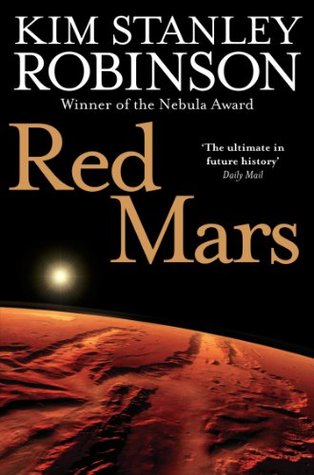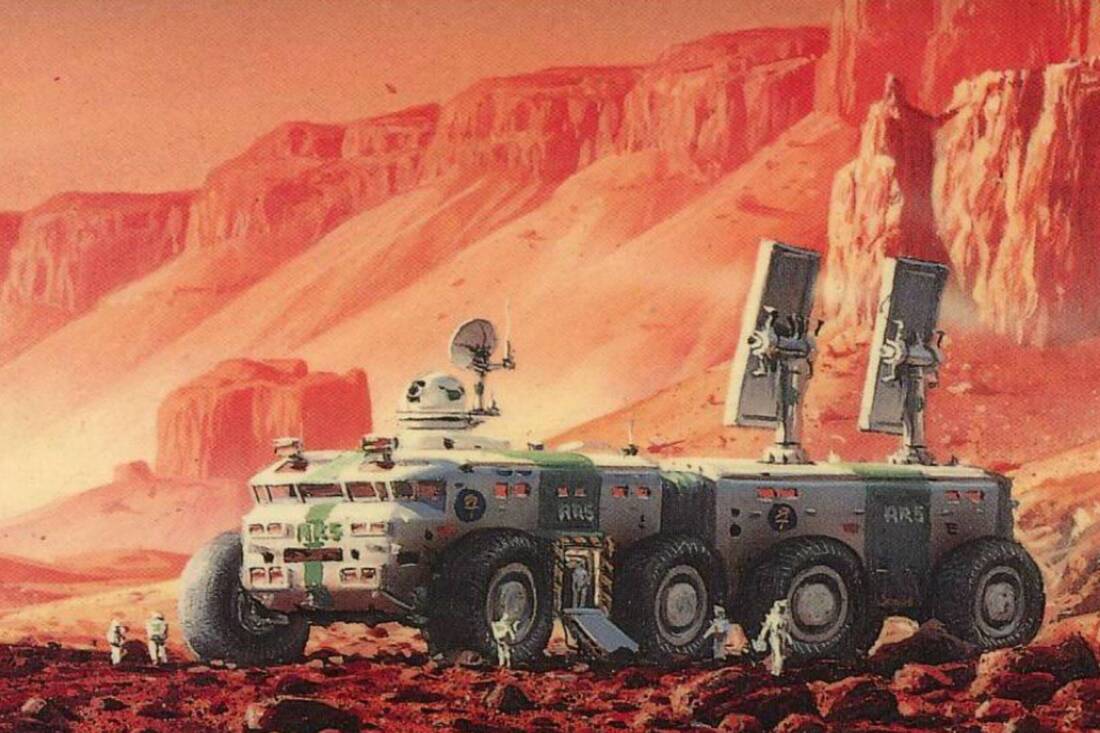
Kim Stanley Robinson is the Leo Tolstoy of science fiction. In his ground-breaking book, Red Mars (which I have finally got around to reading—shame on me), he takes away the reader’s breath with his genius for world-making. Not only does he give the reader a Mars of exquisite geographical detail (all scientifically-based), but also explores in detail the motivation and thinking of the planet’s first colonists. One of the great questions he visits is the ethics of development. Do we have the right to develop another world—to make Mars another Earth? There are no simple answers to this question, and Robinson creates characters who are passionate on both sides of the debate.
s a boy, I grew up dreaming I might be just the right age to become one of the first astronauts to visit Mars. Fifty years later, Robinson has—for all intents and purposes—actually taken me there.
“That’s a large part of what economics is—people arbitrarily, or as a matter of taste, assigning numerical values to non-numerical things. And then pretending that they haven’t just made the numbers up, which they have. Economics is like astrology in that sense, except that economics serves to justify the current power structure and so it has a lot of fervent believers among the powerful.”
This is just one small tidbit of wisdom and insight that permeates this wonderful book. For a scifi fan, Red Mars is a must; for those not immersed in the genre, it may convert you.


